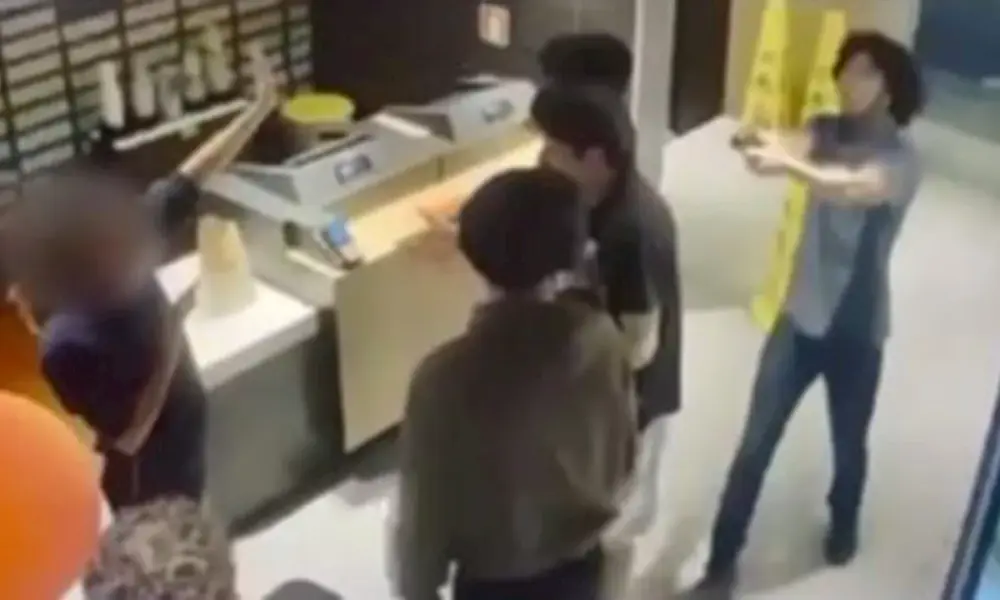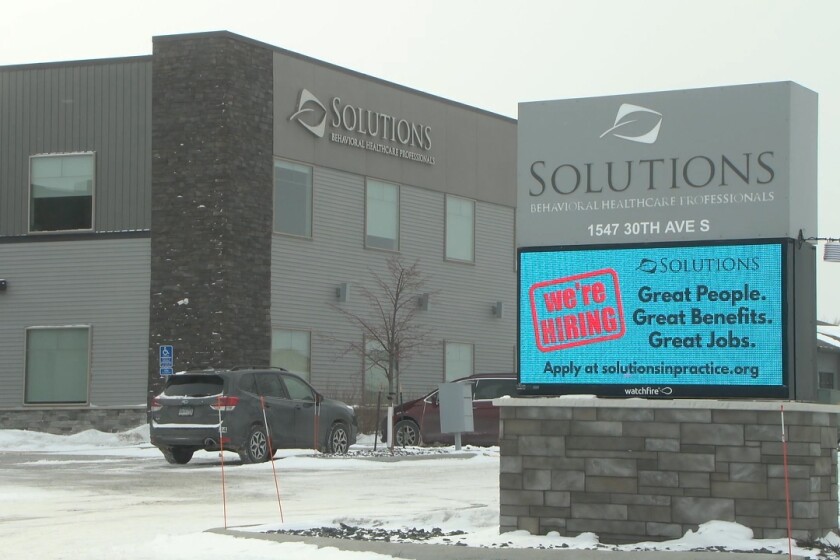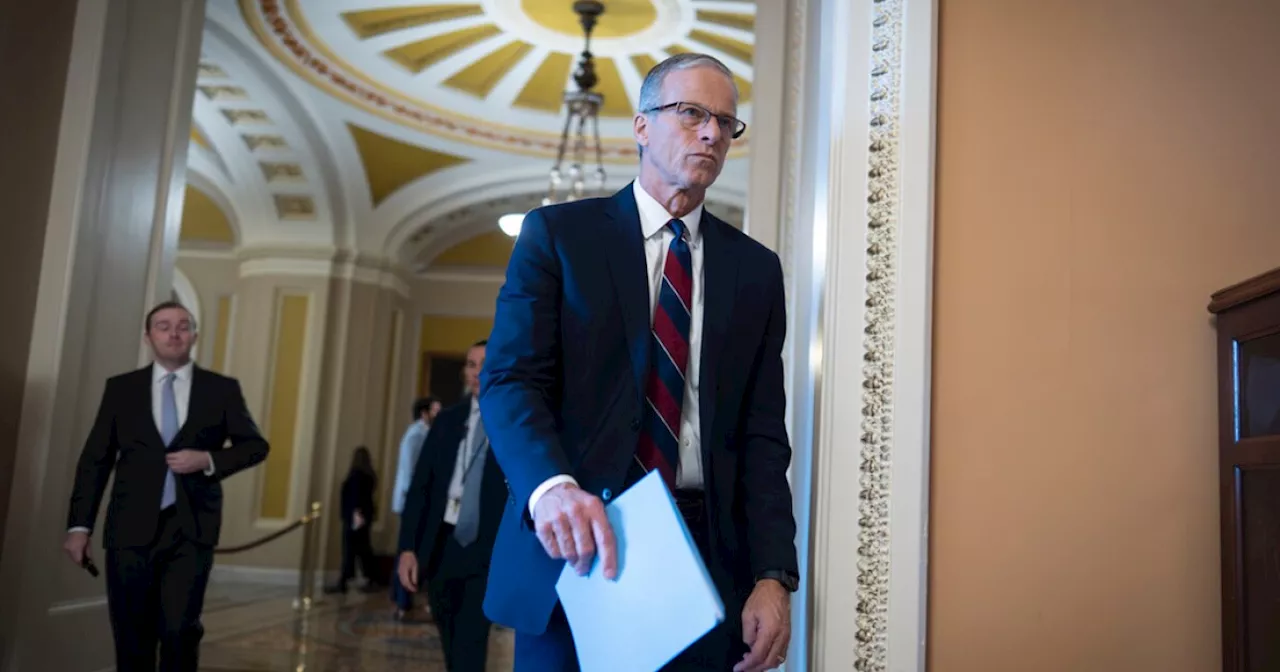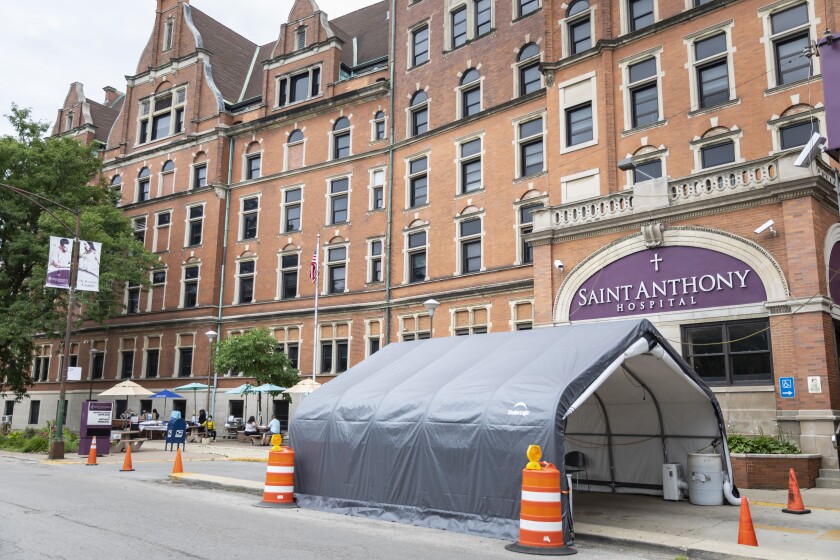The Massachusetts Bay Transportation Authority (MBTA) is advocating for a third-party organization to manage the distribution of Narcan, an overdose-reversal drug, following a year-long pilot program that saw no recorded use of the medication at designated subway stations. According to a recent report submitted to the state legislature, the initiative was implemented at five Red Line stops: Quincy Center, Ashmont, Andrew, South Station, and Harvard.
During the pilot, which lasted from June 2024 to April 2025, 516 doses of Narcan were distributed at these locations, accompanied by multilingual signage detailing how to recognize an opioid overdose and administer the drug. Despite these efforts, the MBTA reported that there were “no known instances of on-site use of naloxone from the cabinets or overdoses that can be linked to the public-access naloxone.” The authority noted that while doses were taken from the cabinets, they had been removed from the sites.
The MBTA invested approximately $55,500 of the $95,000 allocated by lawmakers for this pilot program, covering both the costs of the naloxone and the installation of the cabinets. In light of the findings, the MBTA has determined that it lacks the necessary resources and personnel to effectively manage the ongoing administration of the Narcan program.
Third-Party Management Recommended
In the report dated October 8, 2023, MBTA Chief of Policy and Strategic Planning, Lynsey Heffernan, emphasized the need for a third-party agency to oversee the program. Heffernan stated that such an organization should be aligned with public health missions and possess the appropriate resources to monitor and restock Narcan, as well as manage temperature fluctuations to ensure the drug’s efficacy.
The MBTA has initiated discussions with the Massachusetts Department of Public Health’s Bureau of Substance Addiction Services and the Cambridge Health Alliance to identify a suitable public health partner that could take over the Narcan cabinet program. This transition aims to enhance the availability and effectiveness of overdose prevention measures within the transit system.
The necessity for a robust response to the opioid crisis remains critical, especially in public spaces such as transit systems where access to emergency assistance can often be limited. By reallocating the responsibility for Narcan distribution to a specialized agency, the MBTA hopes to ensure that effective measures are in place to address potential overdose incidents among transit users.
While the pilot program did not yield the anticipated results in terms of on-site usage, the MBTA remains committed to providing Narcan through its Transit Police Officers, who will continue to carry naloxone as part of their ongoing efforts to enhance public safety within the transit system.







